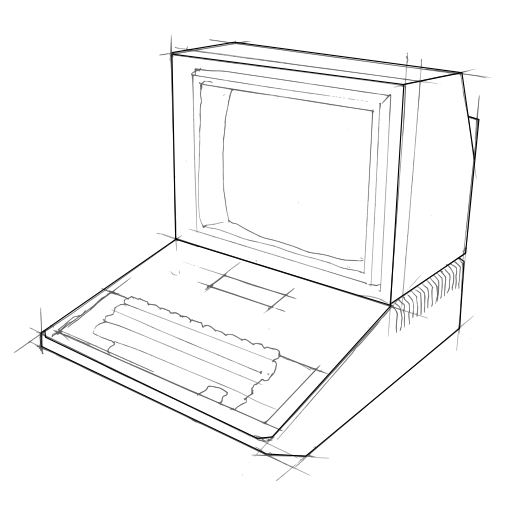Diaspora is the new social network effort by a group of hackers who are building a Free Software implementation of something like Facebook, or Google Buzz, but in a decentralised, open source, privacy aware way. Here are the things that I think are really promising about it so far:
-
Your people are organised into 'aspects' which are logical groupings like in real life e.g. "family people", "work people", "people I send rude jokes to" etc. so that you won't ever post a picture of yourself drunk and naked for your grandmother to see by accident. This is baked into the interface in a completely natural way that feels right and fits with your existing mental model of your social groups. To me this is the number one killer feature that might encourage people to use it over Facebook. I was convinced that this is neccessary by the slides from this talk: http://www.slideshare.net/padday/the-real-life-social-network-v2. I think that Mark Zuckerberg's everyone-should-over-share-with-everyone-and-get-over-it philosophy of privacy is at odds with basic human nature.
-
Your 'seed' (user) is portable. If you don't like the pod (server) you started with you can easily move to a different one. This is great as you aren't locked down to a particular provider. If your social service provider stops maintaining their code, or their service is bad, or they try to snoop on people, then you can get up and leave and find a better provider and take all of your data, posts, contacts etc. with you.
-
It's decentralised. There isn't a single server or point of access like there is with Facebook and Google Buzz. This might sound like it would not work, but it does because you can friend people on other servers and it works exactly as if they were on the same server as you. You can even be the only person on your own privately run pod (server) and still network with, and see what your friends on other pods are up to. It's like email in that respect, except without the spam. Your address at a particular pod looks like an email address, so that is a concept that people already understand well.
-
It's going to link up with other social networking services like Twitter, Buzz, Facebook etc. I guess the update posting will be based on the "aspects" idea too so if you post publically then it goes out to social networks, but otherwise not. This bit isn't done yet, but I'm excited about it as it means I can stop using the other services by visiting their sites. Instead when I post something on Diaspora, I can elect to also have it tweeted or fb updated, or whatever. I am not sure if it will be two-way so that you could also read your friends Facebook status updates from your diaspora instance, but that would be very cool if they can pull it off. That would provide a big incentive for people to switch as they can maintain their existing networks.
-
Encryption of your data keeps it away from snooping sysadmins. You don't have to completely trust whoever is hosting your account, and the fact that Google and Mark Zuckerberg don't own your data and they can't "mine" it for their own benefit, is another big feature for me. My social graph is not a corporate asset.
People have said to me "but nothing can kill Facebook now, it's too big." I beg to differ for two reasons:
-
I've had internet access since about 1995, and I have seen a ton of protocols come and go, even ones that literally everyone on the internet used. Remember BBSes, Gopher, Archie, news groups, ICQ, IRC, etc. etc.? Yes, most of them are still around, but the majority of internet users don't use them any more. There is no doubt in my mind that the same thing can happen to Facebook.
-
Facebook is not the only social network. There are a ton of others and some of them come close to rivalling it in size. In some countries other networks have a larger presence than Facebook does. I think that people will follow two things to new software: a) their friends b) features. I think that privacy features are important to people, good ideas spread virally, and friendship groups will stick together across networks.
-
The internet is built on competition between software and protocols. It's a thriving environment in which the most evolved software is selected by users and survives in the long run. I believe that even if Diaspora is not it, something better than Facebook will come along and unseat it. Historically speaking it's the open and free systems and software that survive the best and longest in the network environment.
Because it's Free Software following the "release early, realease often" development model, Diaspora is buggy and insecure and lacking in features right now, but I think it holds huge promise. In the few days I have had it running I've already seen bugfixes and features going in at a tremendous rate. I'm going to continue hosting my own pod and fingers crossed, maybe I'll meet you in the Diaspora universe one day soon.
"They trust me - dumb fucks." -- Mark Zuckerberg
